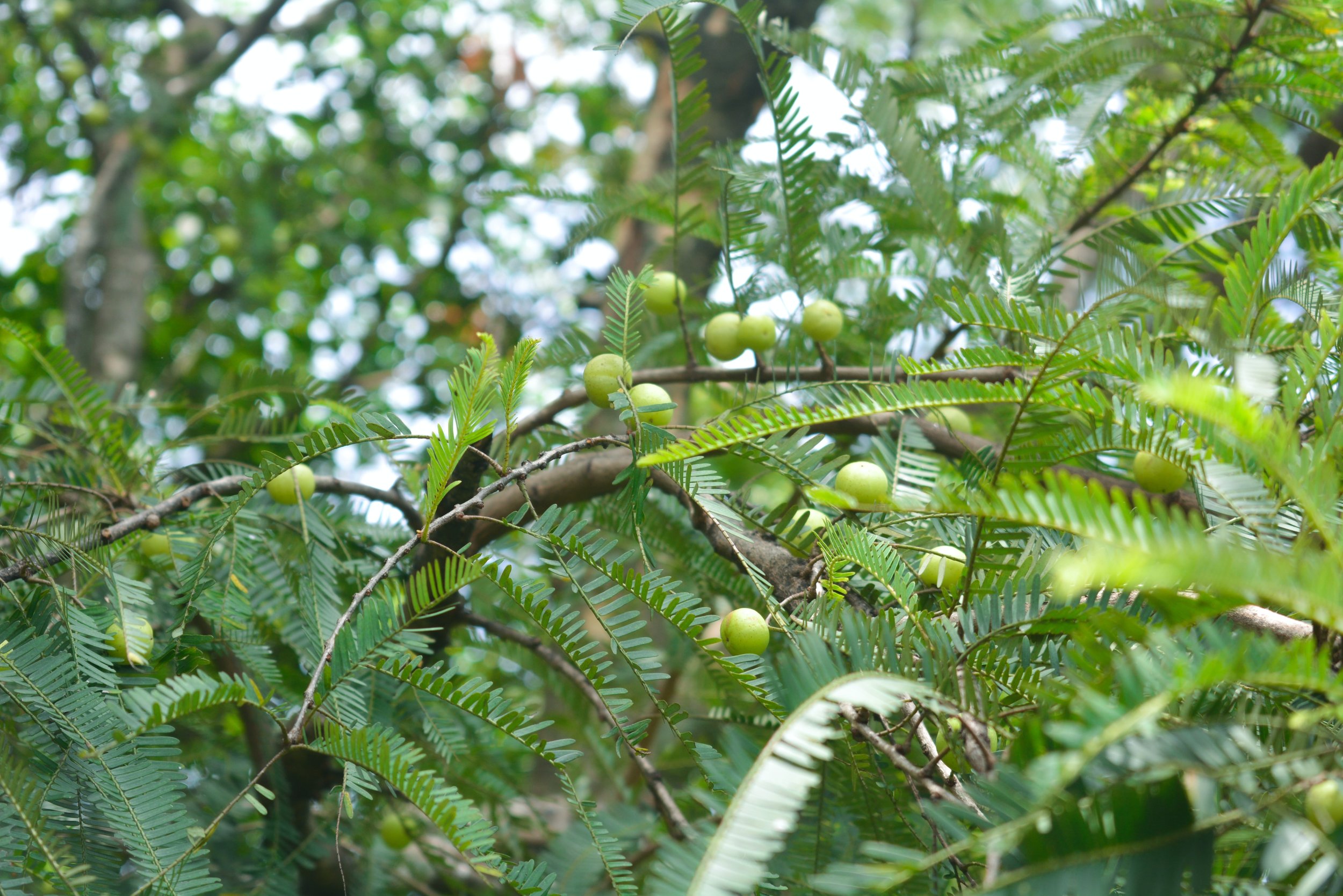4 Traditional Herbs for Hair Growth
Traditional herbs the world over, have been used to promote hairgrowth. If you've noticed more shedding in the shower and more of your scalp is visible, these traditional botanicals are safe and effective medicines to revive your hair's essence.
Hair growth begins at the follicle, and by stimulating hair follicle growth and invigorating circulation at the scalp, these herbs provide some serious nourishment and tonicity to create strong and healthy hair.
Han Lian Cao
Han Lian Cao, (Eclipta Prostrata) is also known as Bhringaraj, meaning, “ruler of the hair” in ayurveda. Its English common name is False Daisy. This is a traditional Chinese and ayurvedic herb that has been used for centuries to promote hair growth. It contains compounds called eclalbasaponins and wedelolactone, which have been shown to stimulate hair growth by promoting the proliferation of hair follicle cells and increasing blood flow to the scalp. As an anti-aging medicinal, It prevents premature graying, and nourishes other tissues like the bones, teeth and liver. It is an important herb in the treatment of alopecia (autoimmunogenic hairloss). Topically, when applied to the scalp it help maintains the hair's natural color and relaxes the mind.
He Shou Wu
He Shou Wu (Polygonum multiflorum) also known as Fo-ti in ayurveda, is another herb that is commonly used to promote hair growth. It's Chinese name translates to "Mr. Wu's black hair," referring to the herb's ability to maintain hair color and reverse graying. He shou wu is rich in antioxidants, which help to protect the hair follicles from damage and promote healthy hair growth and maintain the hair's natural color. It also contains compounds called lecithin and choline, which have been shown to strengthen hair and promote hair growth. He shou wu is a deeply rejuvenating tonic in both traditions. It is a moistening herbs and nourishes all tissues
Ce Bai Ye
Ce Bai Ye, (Dictamnus dasycarpus), is a traditional Chinese herb that has been used topically and internally for centuries to promote hair growth. The herb contains compounds called dictamnine and dasycarpidines, which have been shown to stimulate hair growth by promoting the proliferation of hair follicle cells and increasing blood flow to the scalp. It is an essential herb in the treatment of allopecia. Ce bai ye's regenerative and circulatory actions also make it a powerful herb to generate flesh, promote the healing of burns when applied topically and stop bleeding for a number of conditions that cause excessive and inappropriate bleeding.
Amla
Amla, (Phyllanthus emblica), also known as , Amalaki and Indian gooseberry, is a sweet and sour fruit that has been used for centuries to promote hair growth. The fruit is rich in antioxidants and Vitamin C, which help to strengthen hair, prevent damage, and promote hair growth. It also contains compounds called tannins and gallic acid, which have been shown to protect the hair follicles from damage and promote healthy hair growth. Additionally, Amla promotes healthy digestion by restoring appetite, relieving nausea, benefiting the liver, and promoting healthy cholesterol levels and bowel movements. In Hindu practice, the Amalaki tree is a sacred symbol to Vishnu and Shiva for its importance in prolonging life, memory, and youthfulness.
All four of these herbs have been used for centuries in traditional medicine to promote hair growth. They are all natural, safe and effective remedies that can be used to improve the health of the scalp and hair. The traditional use of these herbs and the scientific evidence that supports their effectiveness make them a good choice for those looking to improve the health of their hair.
Han Lian Cao, He Shou Wu, Ce Bai Ye, and Amla are all included in Jade Path Studio's Hair Farmer tincture and topical and will be available to purchase online February 2023! Sign up for our newsletter to stay up-to-date on product releases that will change your life.
References:
Adaptogens, Winston and Maimes
Yoga of Herbs, Frawly and Lad
Mazin Al Kafaji, Lecture in San Jose, June 2019
Chinese Herbal Medicine Materia Medica, Bensky



